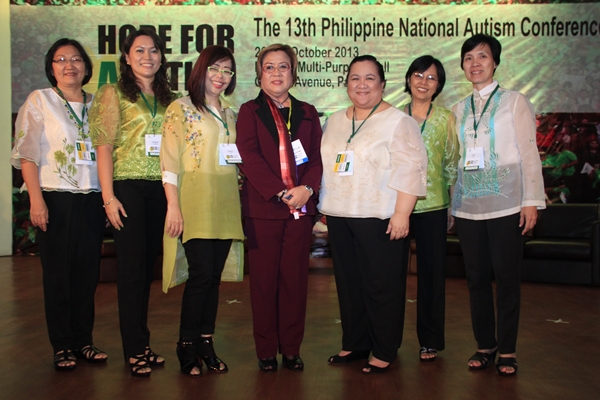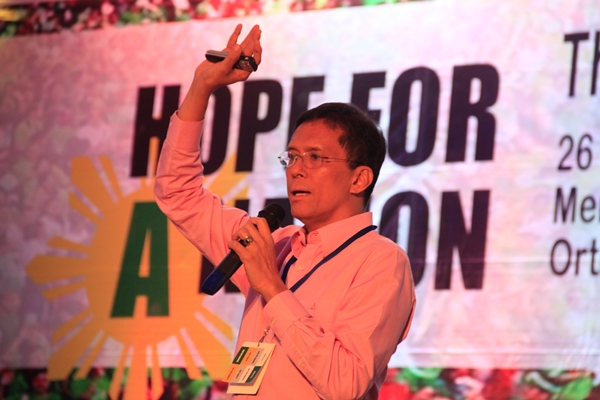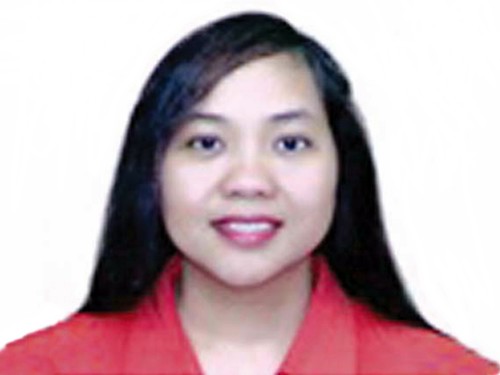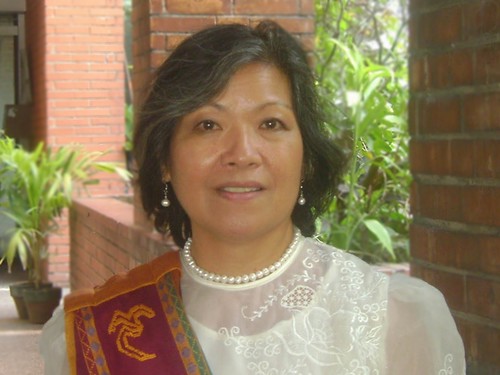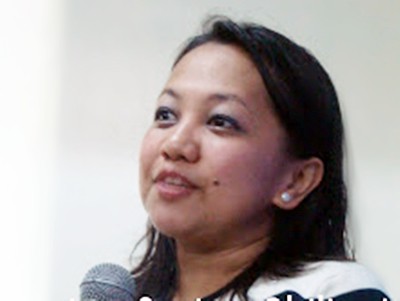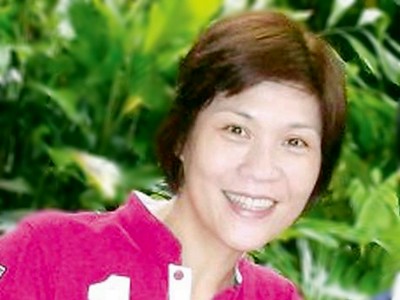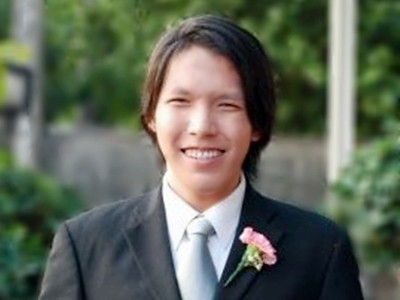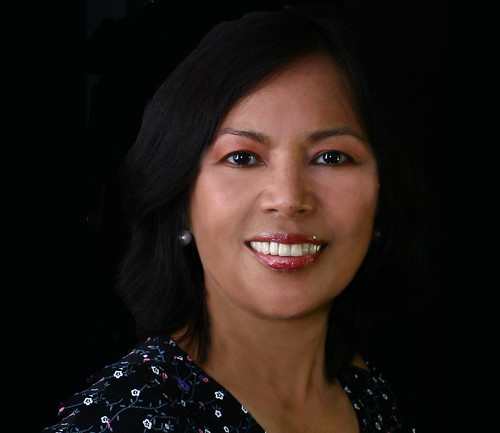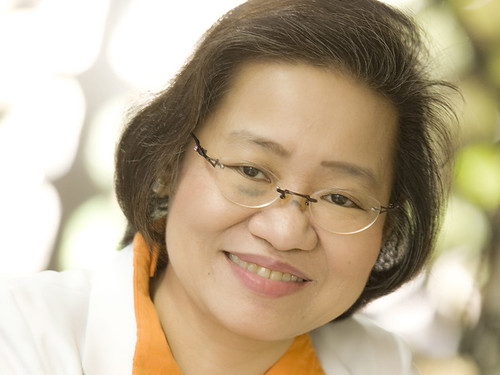Building Local Chapters
The Autism Society Philippines (ASP) has grown from the 11 mothers who bonded together for the causes of their children in 1989 to nearly 13,000 members, with 97 chapters all over the country.

Leading in Autism Advocacy
The Autism Society Philippines (ASP) increases public awareness about challenges faced by Filipinos on the spectrum, advocating for appropriate services, and providing the latest information regarding intervention, education, and advocacy. It is comprised of persons with autism, families, teachers, and educators whose lives have been touched by autism.
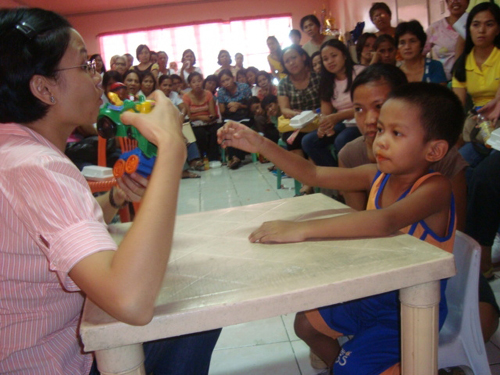
Speaking in Unison
The Autism Society Philippines (ASP) reaches out to the many communities across the islands to organize and help make available services and support to persons with autism and their families, in close coordination with government agencies, local government units, and community builders. Our chapters remain to be driving force behind the organization's meteoric growth.
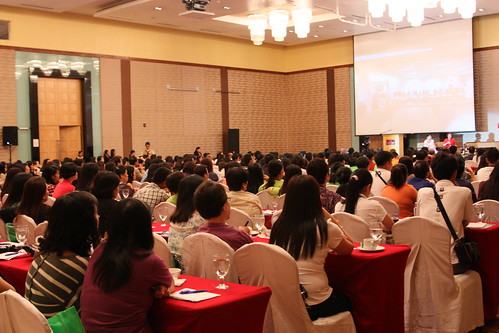
04 December 2013
Equality before the law
28 November 2013
A message from Mona Magno-Veluz
 |
| Ms. Mona Veluz |
Conference Chair
Philippine National Autism Conference
 Posted in: nac
Posted in: nac26 November 2013
A message from Janette I. Peña
 |
| Ms. Janette Peña |
The last 25 years in the history of autism in the Philippines has been both an educative and empowering experience in Filipino families living with autism. From nothing, we are now a legionary movement driven by fire, coming together to reach and learn from each other, embracing positive and hands on approaches in rearing children with autism, and moving synergistically with an entire sector that upholds the rights of the disadvantaged in the society.
President
Autism Society Philippines
 Posted in: nac
Posted in: nac24 November 2013
A message from Dang Uy-Koe
 |
| ASP Chaiman Emeritus Erlinda "Dang" Koe |
The color green represents renewal, energy growth and harmony. Silver not only represents riches and wealth, but also hope and unconditional love.
"plans to prosper you and not to harm you, plans to give
you hope and a future.
Chair Emeritus
Autism Society Philippines
 Posted in: nac
Posted in: nac23 November 2013
A message from Secretary Enrique T. Ona M.D.
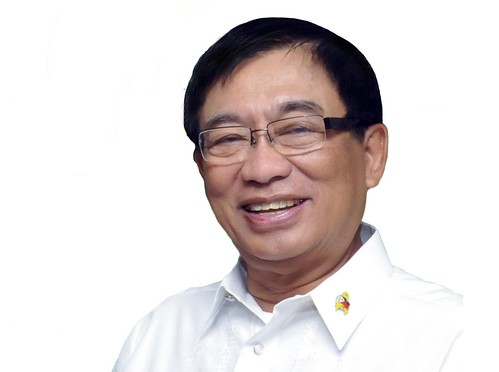 |
| Mr. Enrique Ona |
Warm greetings to the officers and members of the Autism Society Philippines as they hold its 2013 National Autism Conference with the theme, "Hope for A Nation."
Secretary
Department of Health
22 November 2013
Stemming the rumors
21 November 2013
A message from Engineer Bien C. Mateo
 |
| Engr. Bien Mateo |
We would like to congratulate the Autism Society Philippines for holding another successful conference. May this conference touch your lives as it has touched ours at SM Supermalls.
Director
SM Program on Disability Affairs
20 November 2013
A message from Carmen R. Zubiaga
 |
| Ms. Carmen Zubiaga |
Acting Executive Director
12 November 2013
Hope Begins Here and Now
 |
| Kiel, second from the right, kneeling, among other young and not-so-young adults on the spectrum who attended the 13th Philippine National Autism Conference. |
11 November 2013
A message from Malai
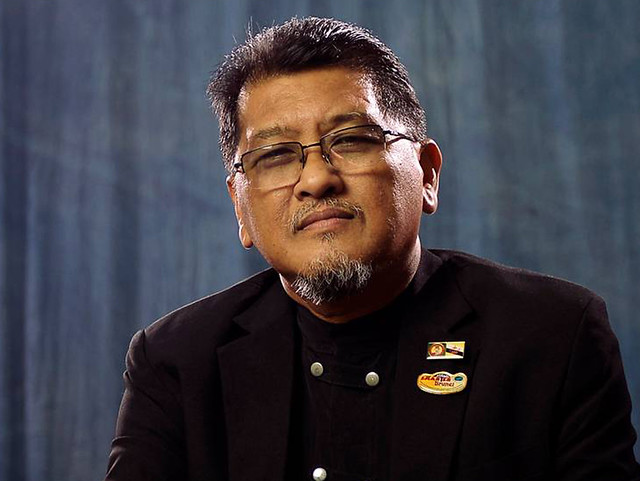 |
| Mr. Malai |
The ASEAN Autism Network (AAN), would like to congratulate the Autism Society of the Philippines (ASP) for organizing and hosting the 13th Philippine National Autism Conference. The AAN recognizes ASP as one of the oldest and leading Autism Organization in ASEAN region, a role model for all other AAN members in supporting and empowering the families of individuals with autism in the Philippines.
Chairperson
ASEAN Autism Network
09 November 2013
A message from Akiie Ninomiya
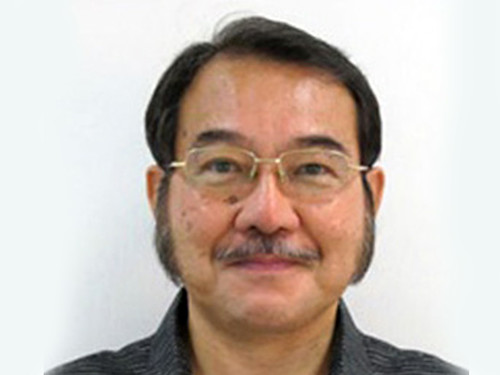 |
| Mr. Akiie Ninomiya |
On behalf of Asia-Pacific Development Center on Disability (APCD), I would like to congratulate Autism Society Philippines on your 13th National Autism Conference.
Executive Director
Asia-Pacific Development Center on Disability
08 November 2013
A message from Mayor Herbert M. Bautista
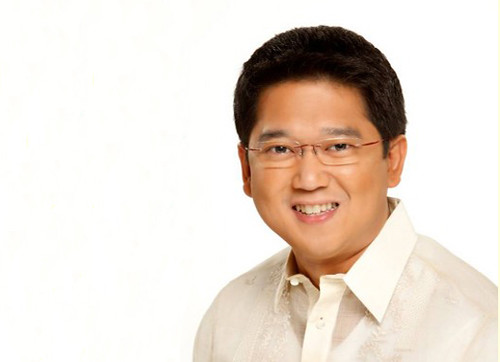 |
| Mr. Herbert Bautista |
Congratulations to the officers and members of the AUTISM SOCIETY PHILIPPINES on the occasion of your 2013 Philippine National Autism Conference.
Mayor
Quezon City
07 November 2013
A message from Irwin C. Tieng Representative of Buhay Party-list
 |
| Cong. Irwin Tieng |
My warmest Congratulations to the officers of the Autism Society of the Philippines (ASP) for organizing the Philippine National Autism Conference 2013, themed: “Hope for ‘A’ Nation.”
Representative
BUHAY Party-list
06 November 2013
A message from Vice President Jejomar Binay
 |
| Vice President Jejomar Binay |
I would like to extend my warmest regards and congratulations to the Autism Society Philippines as you hold the Philippine National Autism Conference 2013.
Vice President
Republic of the Philippines
31 October 2013
A message from President Benigno S. Aquino
 |
| Pres. Noynoy Aquino |
My warmest greetings to the Autism Society Philippines as you hold the Philippine National Autism Conference 2013.
President
Republic of the Philippines
22 October 2013
Top reasons for attending the National Autism Conference
October 21, 2013
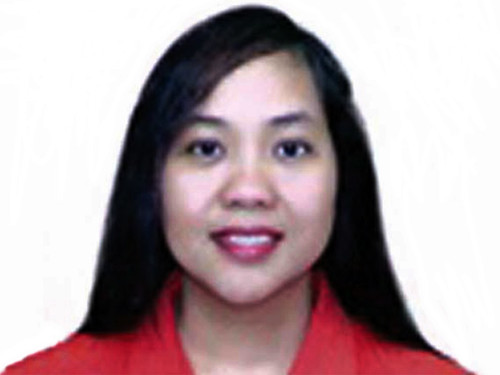 |
| Ms. Jane Gonzales |
(The angel talker/writer is Jane Anne S. Gonzales, a SunStar Davao columnist, the school director of Independent Living and Learning Center – Davao, a staunch autism advocate, and most of all, the mother of 22-year old Jan who has autism. For more details about the conference, visit http://bit.ly/philnac2013.)
28 September 2013
2013 Philippine National Autism Conference
Hope for Autism. Hope for "A" Nation. This is the message of 2013 Philippine National Autism Conference. Join us on 26-27 October 2013 at the Meralco Multi-Purpose Hall. Register today -- http://bit.ly/philnac2013-regn.
 Posted in: nac
Posted in: nac26 September 2013
Ban Ki-Moon on Inclusive Development
 |
| UN Sec. Gen. Ban Ki Moon |
disability and development. We must build capacity and improve data and statistics on persons with disabilities. We must act now to remove barriers to access to physical environments, transportation and information and communications. And we must not only lift the physical barriers – but also the barriers in attitudes that fuel stigma and discrimination.
Together, let us turn a new page in the history of the United Nations by giving full meaning to the outcome document of this meeting. Let us work together so everyone, everywhere has the chance to live their dreams and use the gifts that they have been given. Let us advance disability-inclusive development, inspire change on the ground and ensure a life of dignity for all.
26 August 2013
Hope for "A" Nation
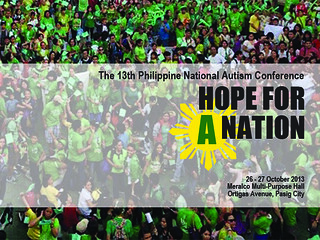 |
| Hope for a Nation Poster |
13 August 2013
The lowdown on DSM-5
*****


